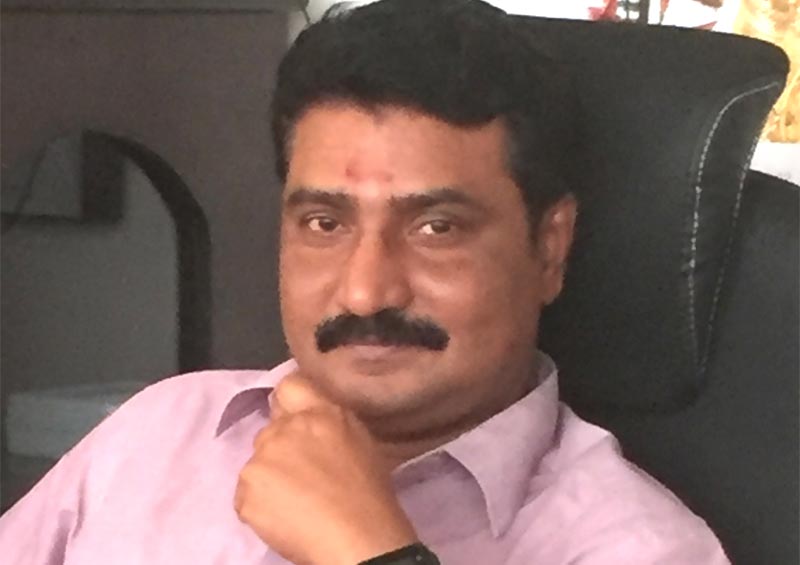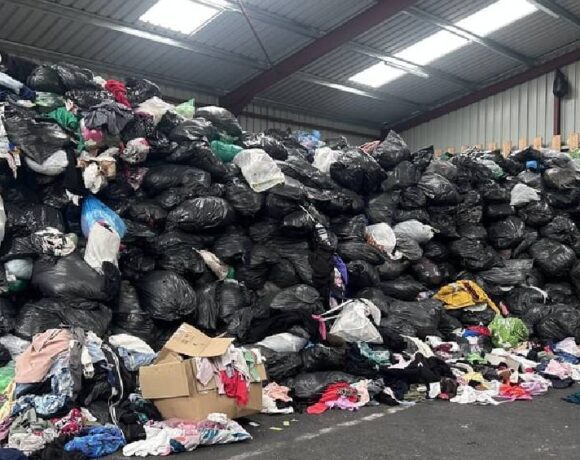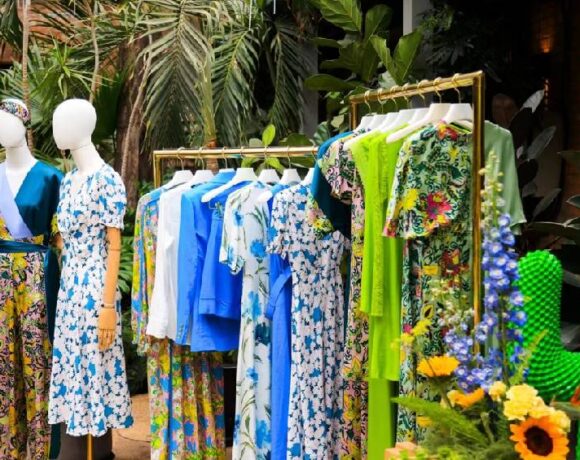Can Ends Justify The Means?

It is crucial to consider not just the end result, but also the journey we take to get there, avers Murugan Santhanam and takes a look at some of the sustainable material revolution happening in the textile industry
The idiom “the ends justify the means” indicates about a situation in which the final aim is so important that any way of achieving it is acceptable. In other words, it is acceptable to do something wrong or harmful if it leads to a desirable result.
But how do you justify this conviction when you ultimately act on the premise that you have to do whatever is necessary to achieve the outcomes you think will maximize the good, even at the expense of harming others along the way?
Applying the idiom to fast fashion textile industry
Some people might apply this idiom to the fast fashion industry, which is polluting our planet. They might argue that the benefits of fast fashion outweigh the environmental costs. For example, they might say that fast fashion:
- Provides affordable and accessible clothing for millions of people, especially those with low incomes or living in developing countries.
- Creates jobs and economic opportunities for workers in the textile and garment sectors, especially in countries like Bangladesh, China, India and Vietnam.
- Supports innovation and creativity in the fashion industry, as designers and brands can quickly respond to changing consumer preferences and trends.
- Enhances social and cultural diversity, as people can express their identities and personalities through different styles and outfits.
While I also appreciate the above benefits by considering the lives of many stakeholders being involved in our current textile industry, I cannot ignore the horrible environment that we are leaving for our immediate future generations.
At times, I ponder the prospect of our future generations investing a significant portion of their hard-earned income simply to access clean water. These mental images persistently haunt me, depicting disturbing scenes where the coming generations grapple with the consequences of microplastic contamination in their food chain and other calamities stemming from the overuse of chemicals. In the vivid mental picture, I witness the anguish on their faces, as if imploring, “Grandpa, is this the legacy you bequeath to us?”
Reflecting on our means: Ethical fashion for every stakeholder!
It is crucial to consider not just the end result, but also the journey we take to get there. If we compromise ethics or use unethical means, it can leave us with a sense of guilt and unease, even if we achieve our desired outcome.
So, taking a moment to reflect on our actions and the ensuring that they align with our values is essential. It is all about finding that balance between reaching our goals and staying true to ourselves.
Sustainable material revolution
Since raw material is a major concern regarding sustainability, it is heartwarming to notice that many scientists around the world is putting their efforts in the development of sustainable raw materials. These kinds of alternative ones would reduce our dependence on conventional non-sustainable fibres when the demand increases due to ever increasing population. Some of the interesting developments are as below.
Technology for producing cellulose from air:
Rubi lab (www.rubi.earth) has developed a special process that captures CO2 directly from the emissions of industries using their own enzyme system. Then, they convert them into a substance called cellulose pulp, which can be used to create filaments or fibres for making textiles.
Our existing viscose is made from wood pulp, which involves cutting down trees. But with their innovation, there is no need to cut down any trees. They can make fabrics that are 100% sourced from carbon emissions, and the best part is that they require very little water or land. Importantly, their process produces zero waste, and when these textiles reach the end of their life, they are naturally biodegradable.
This means that Rubi’s technology enables its textile to be net carbon-negative per kg.
Kelsun – Fibre from Kelp:
Kelp is a type of brown algae. They form dense forests in shallow, nutrient-rich sea waters around the world. One of the most interesting facts about kelp is that it is the fastest growing plant in nature which can grow up to two feet per day.
KELSUN uses the above seaweed as the source of cellulose and is sustainable textile raw material invented by Keel Labs in North Carolina (Please visit www.keellabs.com for further details)
Kelsun is created using a proprietary process that combines seaweed’s biopolymers with green chemistry, resulting in a bio-based material that can be used across the textile industry. Kelsun is a sustainable alternative to conventional fibres that have a high environmental impact, such as cotton, polyester and nylon.
Fibres from orange fruit waste
Orange Fibre s.r.l, Italy, (https://orangefiber.it) has developed fibres from orange fruit waste. They obtain cellulose from citrus pulp. The Orange Fiber textile requires less wood cellulose thanks to the cellulose extracted from the citrus pulp, thereby enhancing sustainability by relieving pressure on forests.
(Murugan Santhanam is the author of this article)














